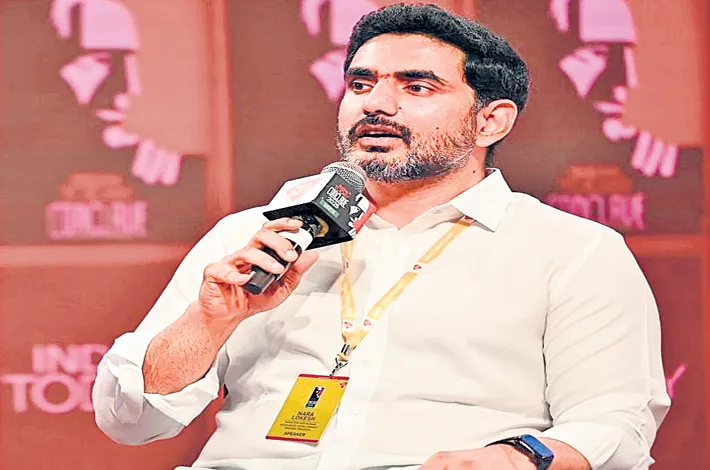Sebi chief Pandey urges banks to strengthen internal controls
04-09-2025 12:00:00 AM

Banks frequently come into possession of unpublished price sensitive information concerning other listed companies— information that could directly impact the stock market if misused or leaked
FPJ News Service mumbai
SEBI Chairman Tuhin Kanta Pandey on Wednesday called for preserving the credibility of banks, integrity of financial markets, and trust of stakeholders. “As managing directors, you carry the highest responsibility for ensuring your organizations lead, not only in financial performance but also in ethical governance. Directors are at the apex of organizational governance. Sebi explicitly places responsibility on the board of directors, managing directors, and compliance officers to ensure compliance with prohibition of insider trading regulations,” Pandey underlined.
“Informal sharing— even casually in meetings or over emails—must be treated as a serious breach. In today’s hyper-connected world, a single leak can travel across digital networks in seconds and there is no way to undo the damage—to stock prices, to investor confidence, or to your bank’s reputation. This is why strict access protocols, information walls, and secure digital systems are essential,” Sebi chief said.
The concern comes against the backdrop of Sebi issuing an interim order in June against some top brass of IndusInd Bank for violating insider trading norms. The regulator had found that a few senior executives, including MD & CEO and deputy CEO allegedly traded in IndusInd Bank shares while in possession of unpublished price-sensitive information related to discrepancies in account balances of the bank’s derivative portfolio.
“When a small group of people has access to information before the rest of the market and uses it for personal gain, it creates an uneven playing field. Investors lose confidence, market fairness erodes, and the very integrity of the financial system comes into question,” Pandey said.
“Unlike ordinary corporations, banks shoulder a dual responsibility. As a listed entity, every bank is required to comply with the same regulatory framework that governs all listed companies—this includes ensuring timely disclosures, preventing insider trading, and maintaining confidentiality of price-sensitive information,” Pandey pointed out.
As a fiduciary, the bank frequently comes into possession of unpublished price sensitive information concerning other listed companies — information that could directly impact the stock market if misused or leaked. When a bank sanctions a major loan to a listed company, it gains access to financial information well before the market does. During debt restructuring negotiations or repayment settlements, sensitive data on a company’s liquidity position becomes available to the bank. When participating in a committee of creditors proceedings for stressed assets, banks often learn about strategic corporate decisions much before they are publicly disclosed.








